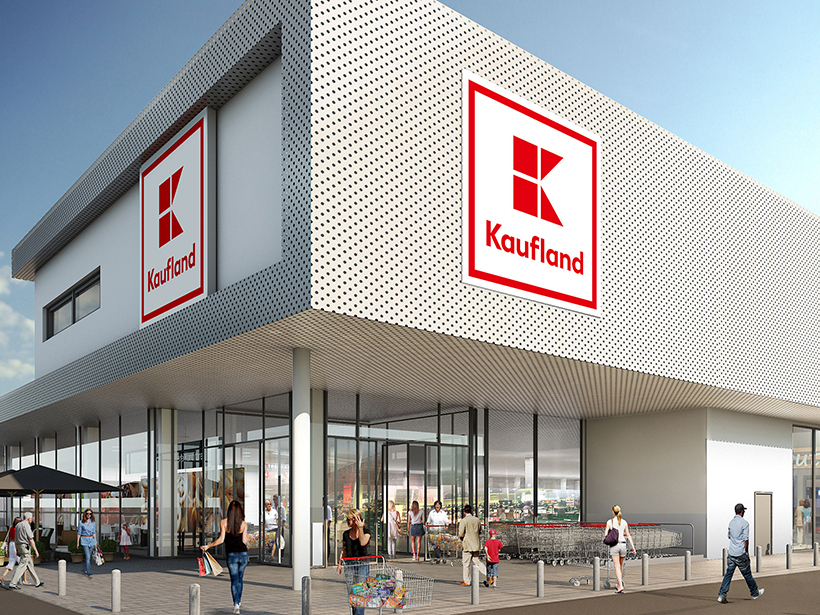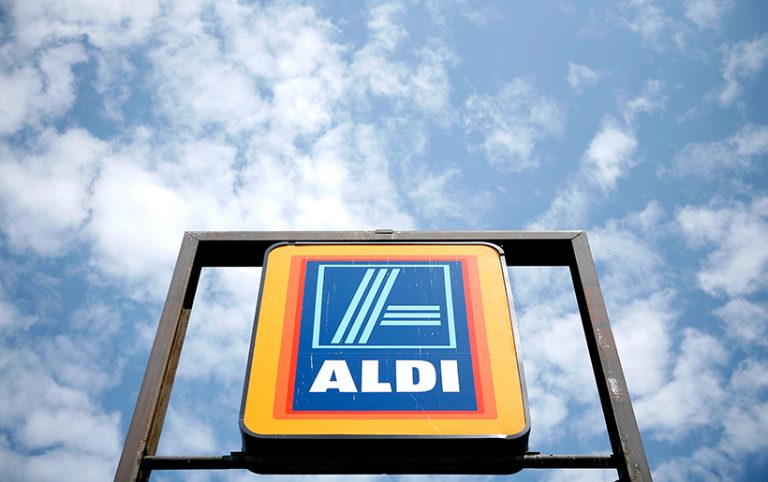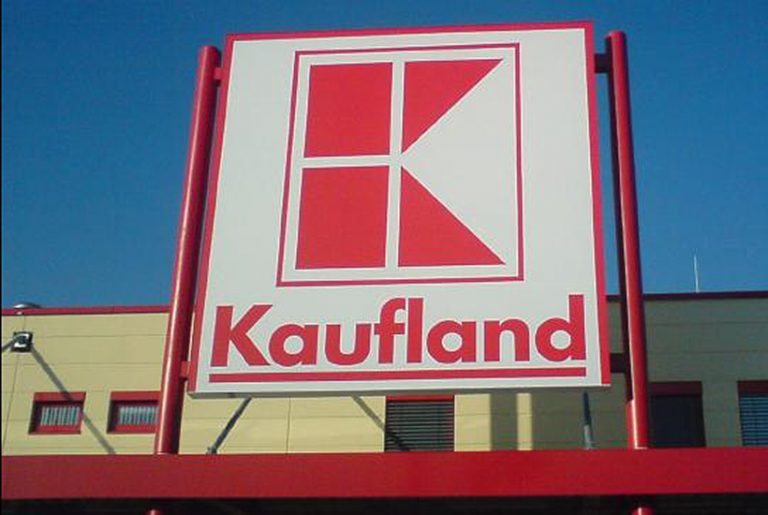Kaufland brings in big guns as supermarket war intensifies

The new country manager for German supermarket Kaufland, Julia Kern, has arrived in Australia to spearhead the global retailer’s assault on the $90 billion grocery sector as she also pushes through a restructure of her senior management ranks.
The 28-year-old Ms Kern, who has worked across a number of executive roles at Kaufland, a subsidiary of the Schwarz Group, the world’s fourth-largest retailer, landed in Australia last month and has got straight to work to accelerate the chain’s property developments and store rollout plans.
Her arrival has seen the return to Germany of Gregor Thomas following the conclusion of his secondment as director of property development for Kaufland Australia.
Commercial Insights: Subscribe to receive the latest news and updates
Thomas as director of property was the key leader of the chain’s burgeoning office and administrative function in Australia and also liaised with local government departments to secure support for Kaufland’s ambitions in the sector.
Thomas also acted as Kaufland’s Australian head, securing the German supermarket chain’s first property in Australia, buying Adelaide’s Le Cornu site on Anzac Highway for $25 million.
With Thomas’s return to Germany, Andreas Voigt has been named as Kaufland Australia’s new director of property development, and is set to work closely with country manager Kern as Kaufland begins opening its giant-sized stores in Australia from next year. The local Kaufland team will also have the services of Male Nousch, a former strategy director at British supermarket chain Tesco and previously an associate at consultancy McKinsey.
Kaufland has very deep pockets to open a new front in the long-running supermarket wars in Australia, as well as extending its battle with archrival Aldi in Europe to the Australian market. With more than $135 billion a year in sales, it easily dwarfs Woolworths and Coles, which combined only have sales of just under $70 billion. Last year, Kaufland Australia was provided with $43 million in funding from its parent company Schwarz Group.
At a Wesfarmers strategy day last week, the presentation by Coles boss John Durkan featured Kaufland in a segment about new competitors and competitive intensity.
The Kaufland Australia website has stated that it has an “ambitious Australian investment and development program” and is openly inviting deals to purchase sites of between 15,000sqm and 25,000sqm.

Kaufland is continuing its Australian expansion.
Morgan Stanley analyst Thomas Kierath says the local market might not be fully appreciating the potential threat posed by Kaufland’s arrival.
“So, one of the reasons we are cautious on Wesfarmers and Woolworths is the opportunity in fresh food has reduced significantly, and that is an area where we think Kaufland has a lot of expertise and will disrupt the market,’’ Kierath says.
He added that Kaufland could lease up to 70 ex-Masters stores currently vacant. Morgan Stanley estimates that based on Europe penetration Australia could support as many as 295 Kaufland stores longer term and that its annual sales in Australia could hit more than $3 billion from 56 stores within six years of its first store opening.
It could see Kaufland rolling out stores at a faster pace than Aldi, which opened its maiden store in Australia in 2001 and just opened its 500th store last year, only recently pushed into South Australia and Western Australia.
“We think investors are underestimating Kaufland’s flexible store format approach, which enables a faster rollout versus Aldi’s ‘cookie-cutter’ approach,’’ Kierath says.
“Our base case is for eight stores in fiscal 2020, with an average selling area of 12,000sqm.”
Although Aldi might have softened up the market for Kaufland, helping to rewire shoppers to experiment with the German discounter chains, while rising food inflation and tighter household budgets could also nudge consumers towards deep discounters like Aldi, Kaufland and Costco — at the cost of mainstream supermarket chains.
“We think consumers are now more likely to turn to the discounters in the face of food inflation and stretched household budgets — they now have viable alternatives in improved offerings from Aldi and Costco, with Kaufland soon to join,” Kierath says.
“A recent IRI survey showed that 68% of Australian households now shop at Aldi, up from 56% in 2015, with penetration nearing 75% on the eastern seaboard. We also point to the UK experience, where food inflation since the EU referendum has led to surging sales at Aldi and Lidl (+7.7% and +9.1% respectively in the 12 weeks to April 22), while full-line supermarkets struggled to top 2% growth.”
A recent supplier survey by UBS found that more grocery suppliers had been in contact with Kaufland over the past year, with 14% reporting contact with the German chain against only 2% in 2017.
This article originally appeared on www.theaustralian.com.au/property.







